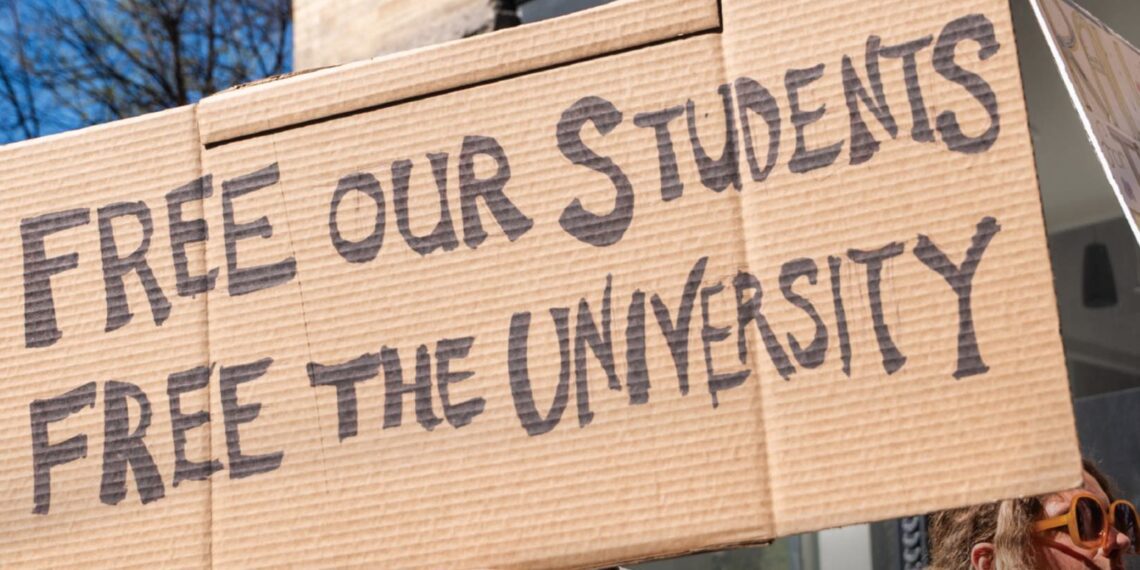
By NRI Affairs Special Correspondent
Academic freedom is deteriorating sharply in India, where new university rules curbing student expression, politically driven censorship, and rising campus intimidation have placed the country among ten nations rated “completely restricted”, according to a new global report by Scholars at Risk (SAR).
The Free to Think 2025 report, released by the New York–based academic freedom watchdog, documents 395 attacks on scholars, students and universities in 49 countries between July 2024 and June 2025. It warns that higher education worldwide is “under siege”—not only in authoritarian states but increasingly in democracies.
“From Afghanistan to Serbia to the United States, state leaders have cracked down on student and faculty expression, banned the study of disfavoured topics, and targeted individual scholars for what they teach, study or say,” said Robert Quinn, SAR’s executive director.
India: silencing dissent on campus
In India, SAR records an alarming rise in restrictions on student speech and political expression. A number of universities have banned discussions, demonstrations or sloganeering without prior authorisation, often at the direction of authorities aligned with the ruling Bharatiya Janata Party.
The report cites multiple incidents reflecting growing intolerance of dissent. In one, individuals affiliated with Hindu nationalist groups assaulted a Dalit professor at Sri Venkateswara University, accusing him of “promoting Christianity”. In another, the Rashtriya Swayamsevak Sangh (RSS), the ideological parent of the BJP, intervened to halt a film festival at Rabindranath Tagore Medical College despite prior approval.
It also notes reports that three scientists were removed from the shortlist for the Rashtriya Vigyan Puraskar national science award in September 2024 after they criticised government policies. Meanwhile, at the University of Delhi, proposed syllabus changes have sought to eliminate papers on religious nationalism, caste, and LGBTQ+ studies—moves that critics say amount to ideological cleansing.
“We’re seeing discrimination in how student groups are treated,” said Maya John, a history teacher and member of Delhi University’s academic council. “Campuses that once fostered debate now resemble policed zones under constant surveillance.”
The Academic Freedom Index (AFi) cited by SAR classified India as “completely restricted” in 2024, joining Afghanistan, China, Iran, and Türkiye among the world’s most repressive environments for academic freedom.
This story was originally published in nriaffairs.com. Read the full story here.

